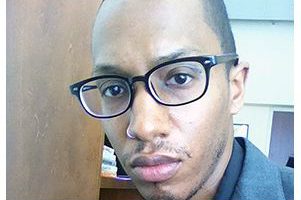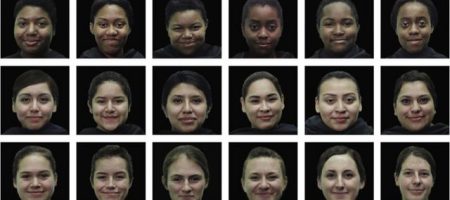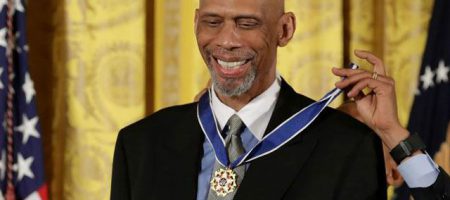Cailin Crockett ’10 made history as one of UCLA’s first Astin scholars, an undergraduate scholarship program supporting hands-on experience in civic engagement. We featured the Astin scholars in the College Report in 2010 and recently caught up with Cailin to find out what she’s been up to.
Cailin Crockett is out to change the world for the better, particularly on behalf of surv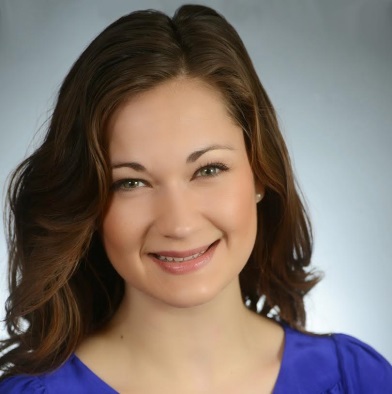 ivors of domestic and sexual violence—and she credits UCLA with igniting her passion for activism and public service.
ivors of domestic and sexual violence—and she credits UCLA with igniting her passion for activism and public service.
“UCLA encouraged me to become a compassionate, conscientious and global citizen,” she said.
Based in Washington, D.C., Crockett has carved out a niche in public service focusing on policy in support of women and girls. The political science alumna most recently served as policy advisor in the Office of Vice President Biden, where she worked to strengthen government policies that address the human rights of underserved trauma survivors in the U.S. and around the world. She has also been a special assistant for gender policy and elder rights for the Department of Health and Human Services, and a gender specialist in the Bureau for Policy and Program Support at the United Nations Development Program.
She said that her UCLA education, both inside and outside the classroom, laid the strongest possible foundation for her career.
“UCLA is where I honed the skills that I use every single day in my work, especially critical thinking and the ability to analyze a large amount of information about an issue, take in the key points, and advocate a defensible position,” she said.
Crockett said that she saw UCLA as a place to immerse herself in learning and discover her passions. She was particularly drawn to the study of political theory for its distillation of concepts such as human rights and equality into a set of logically arguable points. Her political science courses gave her an appreciation for the power of research, data and statistics to inform and persuade.
And she recalled a freshman cluster course on the environment taught by professors from all over campus, who “urged us to use our privilege in getting a top education to make the world a better place.”
During her sophomore year, Crockett was selected to represent UCLA at a forum in France at which youth from NATO-member countries interacted with youth from Afghanistan, in order to deepen understanding about what was at stake in the war against the Taliban. She later went on to earn a master’s degree in Politics from the University of Oxford.
Crockett, who minored in Spanish and studied in Spain for a semester, said that her language proficiency has benefited her international work. But it was her civic engagement experience in her senior year that ignited her passion for activism and feminism.
For her project, Crockett focused on the causes of homelessness, specifically the impact of domestic violence and veterans’ issues. She accompanied community workers providing financial literacy and life skills workshops at the VA and a women’s center in downtown L.A. There, she interviewed scores of people about their journeys in and out of homelessness.
“It was incredible to be immersed in the experiences of these vulnerable populations,” she said. “It’s even more meaningful now because of my work with survivors of domestic violence and sexual assault, many of whom are homeless as a result.”
Crockett, an Alumni Scholar and third-generation Bruin, said that having chosen a career in public service, she is particularly proud that she graduated from a highly respected public university with a reputation for local and global leadership.
“No matter where I go in the world, people know about UCLA,” she said.


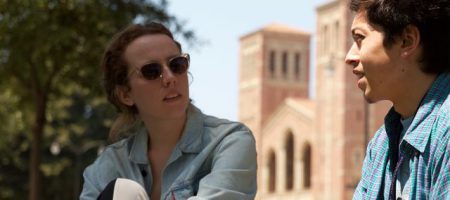
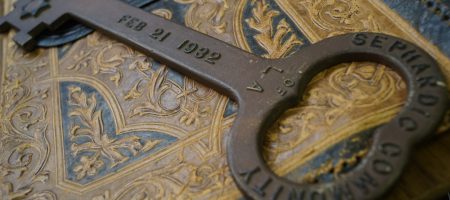
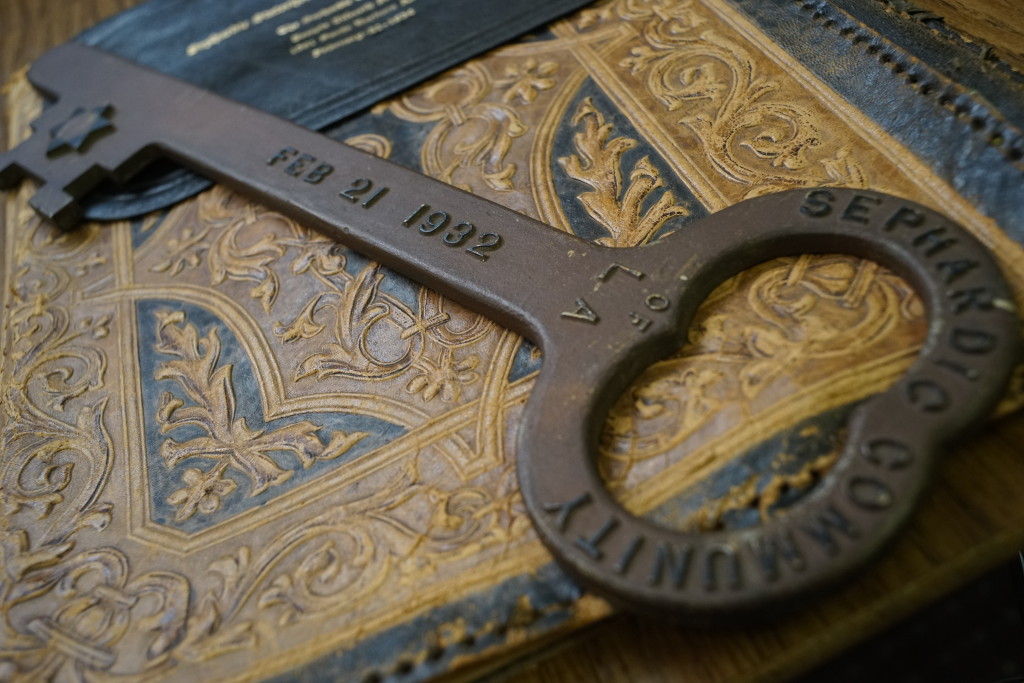
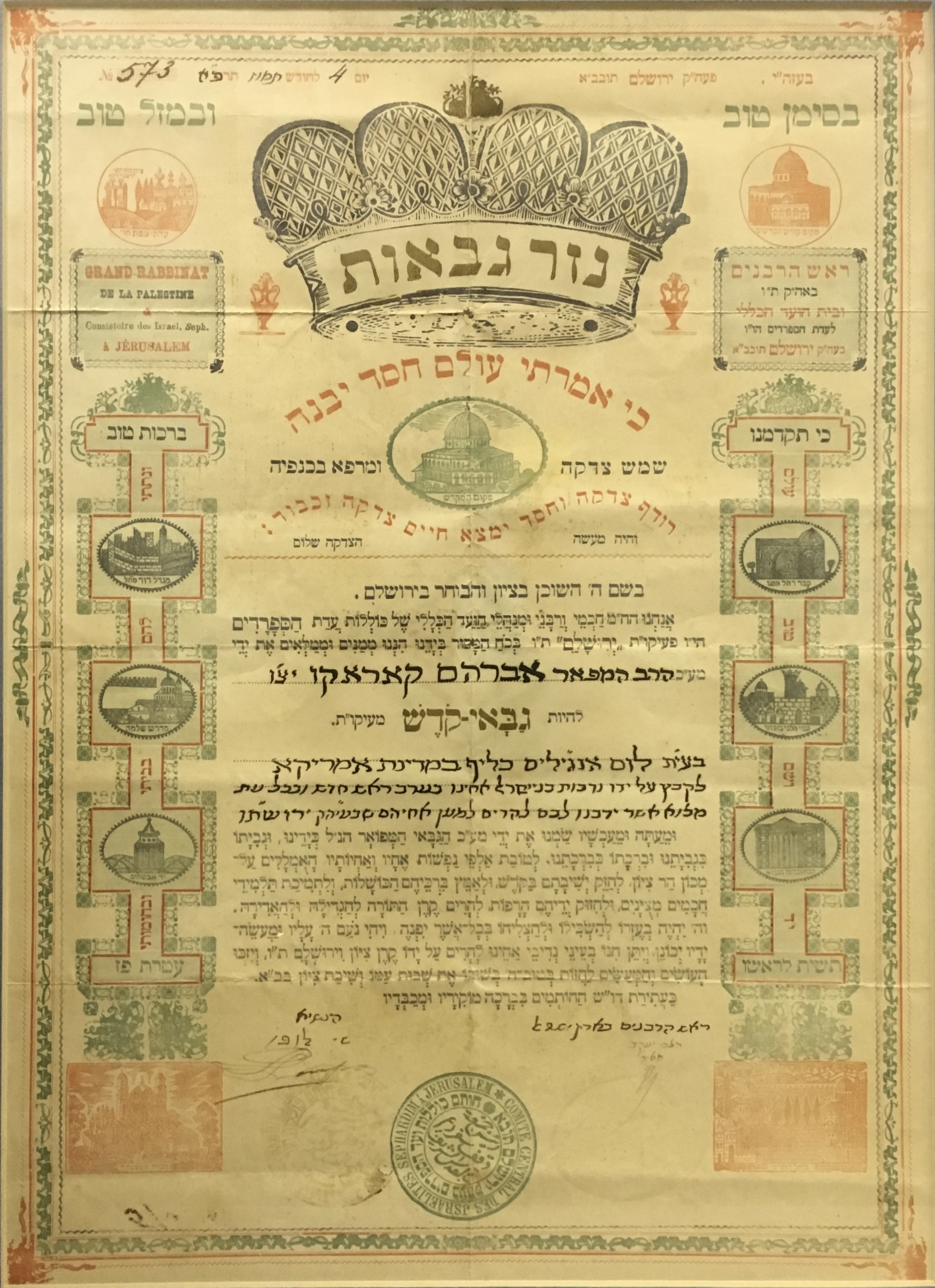
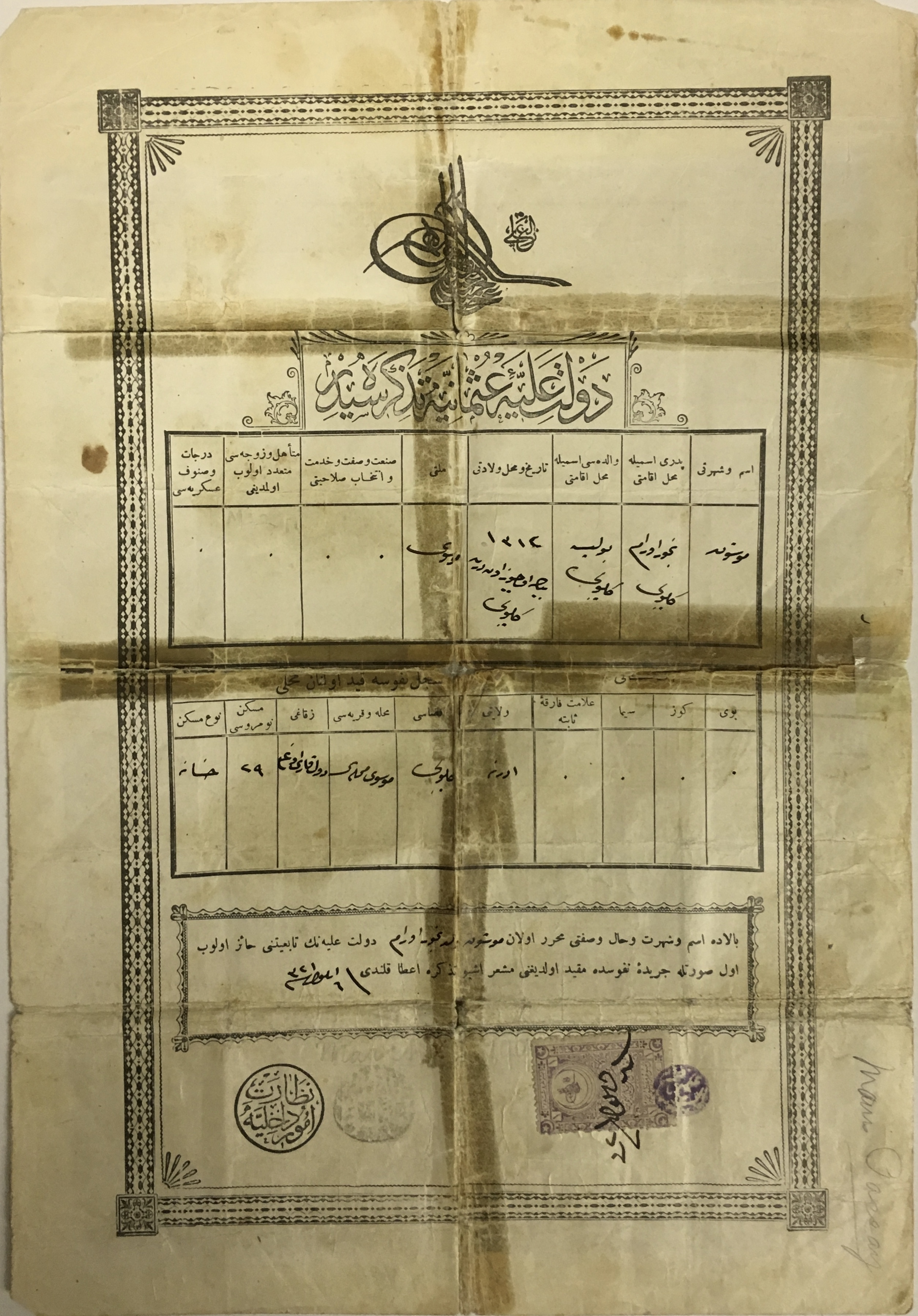

 ivors of domestic and sexual violence—and she credits UCLA with igniting her passion for activism and public service.
ivors of domestic and sexual violence—and she credits UCLA with igniting her passion for activism and public service.
